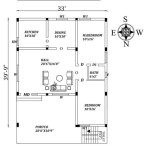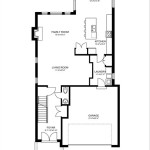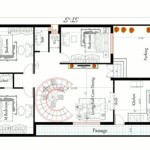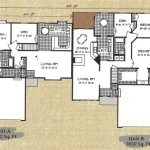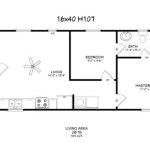Understanding the Essential Aspects of Affordable Housing Plans
Affordable housing is a critical issue facing communities across the globe. As housing costs soar and incomes stagnate, more and more families and individuals struggle to find decent, affordable shelter. Affordable housing plans aim to address this crisis by creating and preserving homes that are accessible to low- and moderate-income households.
Effective affordable housing plans incorporate a range of essential elements:
1. Income Eligibility Criteria
Affordable housing units are typically reserved for households earning below a certain income threshold. This threshold varies depending on factors such as location, household size, and local housing market conditions. Income eligibility criteria ensure that the housing is truly affordable for those who need it most.
2. Rent or Mortgage Affordability
Affordable housing plans typically limit rent or mortgage payments to a percentage of household income. This ensures that residents can afford housing without sacrificing other essential expenses, such as food, healthcare, and education.
3. Housing Quality Standards
Affordable housing units must meet certain basic quality standards. These standards include requirements for safe, habitable, and energy-efficient construction. They also ensure that units have adequate space, lighting, and ventilation.
4. Rent or Mortgage Assistance
For households that cannot afford market-rate rent or mortgage payments, affordable housing plans often provide financial assistance. This assistance can take the form of subsidies, vouchers, or tax breaks.
5. Tenant Protections
Affordable housing plans typically include measures to protect tenants from eviction without just cause. These protections ensure that residents can live in their homes with peace of mind.
6. Community Engagement
Successful affordable housing plans involve community engagement at every stage of planning and implementation. Residents, community organizations, and local businesses should have a voice in shaping the development and management of affordable housing. This helps ensure that the housing meets the needs of the community and is integrated into the neighborhood.
7. Long-Term Sustainability
For affordable housing plans to be effective, they must be sustainable over the long term. This means ensuring that units remain affordable for future generations. It also requires adequate funding and maintenance to prevent properties from falling into disrepair.
By incorporating these essential elements, affordable housing plans can create and preserve homes for low- and moderate-income households. These plans are a vital part of addressing the housing crisis and ensuring that everyone has a safe, decent, and affordable place to live.

Viale Giulini Affordable Housing Alvisi Kirimoto Partners Archdaily

Thoughtful Design Can Create High Quality Affordable Multifamily Housing Joint Center For Studies

Gallery Of Affordable Housing For The Future Competition Entry 5

Plan 1092 National Affordable Housing Network

Gallery Of Dongziguan Affordable Housing For Relocalized Farmers Gad 27 Social Architecture House Plans

Plan 1092 National Affordable Housing Network

Columbia Affordable Housing Development Floor Plan Dwg File Cadbull
Affordable Housing Concepts Townland

Montague Selects Developer For 2m Affordable Housing Project Town Of Ma

Eyes On Milwaee Plan Aims To Create 32 000 New Black And Latino Homeowners Urban



